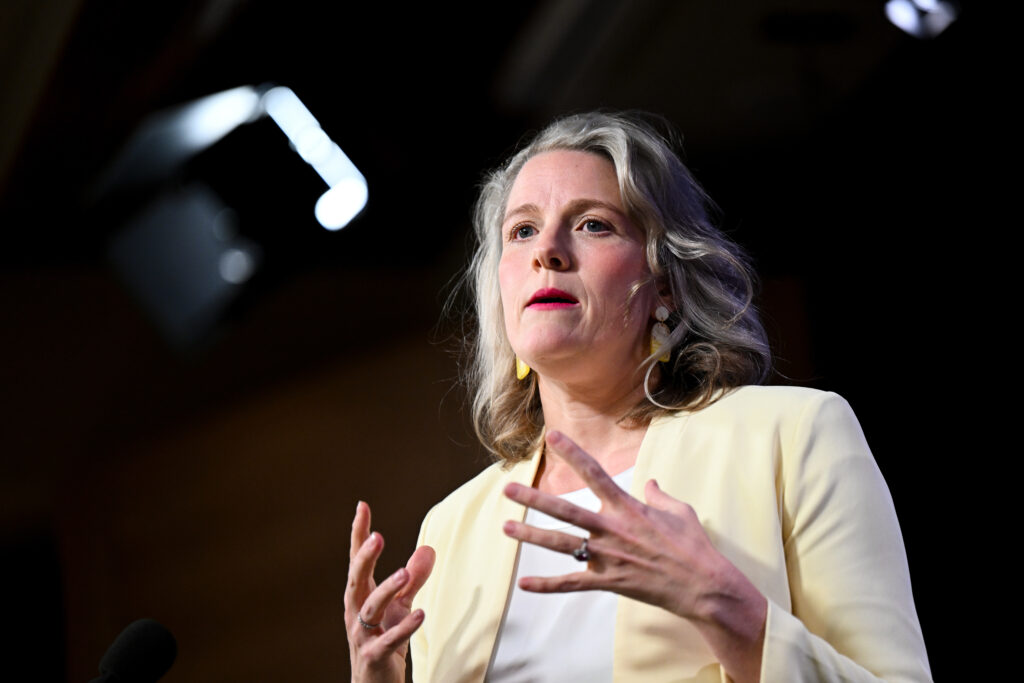AusPol / 28 April 2023
Shaking up the migration game

THE SQUIZ
The Albanese Government has announced an overhaul of Australia’s migration system to streamline the process for people seeking working visas or permanent residency. Home Affairs Minister Clare O’Neil yesterday said a new 3-tiered system will assess migrants in 3 categories based on their skill/salary thresholds, matching applicants with high-demand industries that require immediate support. It’s based on recommendations made in a recently released independent migration review led by former top bureaucrat Martin Parkinson. It found that our migration system – which currently oversees more than 1.8 million people on temporary visas who can work – needs “major reform” to “reap the opportunities and navigate the challenges” the economy is expected to face in the future. Here’s a good breakdown of the changes, which also affect working holidaymakers and family reunions.
WHAT’S THE MAIN PROBLEM?
It’s a system that’s awful to navigate. O’Neil says the red tape surrounding the system is a “national tragedy”, and Parkinson’s report explains why… It notes there is “growing international competition for highly skilled migrants, and Australia risks falling behind without more innovative and attractive visa products and service delivery”. That’s referring to countries like New Zealand and Canada offering better systems that are getting skilled migrants through the door to work in critically understaffed industries like medicine, education and IT services. “For aged care nurses, for engineers, for tech experts… Complexity and delay can put them off Australia altogether,” O’Neil says.
WHAT’S THE RESPONSE BEEN?
Industry bodies dealing with worker shortages say they support the overhaul. Australian Private Hospitals Association boss Michael Roff says giving health workers an easier way to gain permanent residency will help big time. And Universities Australia chief Catriona Jackson says the changes will help to keep highly educated international students here, preventing the “brain drain” we’re currently facing. Nationals leader David Littleproud is a bit more sceptical… He says changes are needed, but the plan doesn’t have “a clear strategy” to address regional worker shortages. There will be some time to develop that – a consultation process will happen before the finalised strategy is revealed later in the year.
Know someone who'd be interested in this story? Click to share...
The Squiz Today
Your shortcut to being informed, we've got your news needs covered.
Also Making News
Get the Squiz Today newsletter
Quick, agenda-free news that doesn't take itself too seriously. Get on it.
